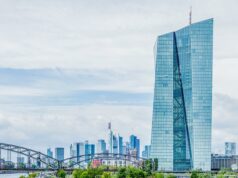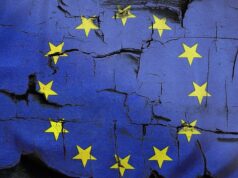In a nationwide televised speech, Macron assured his voters that he understood their „anger and outrage“ and that there is no doubt that the government has not been able to provide a quick and adequate solution to the problems for a year and a half take over his „part of the responsibility for this situation.“
As a sign of his willingness to quickly and concretely appease the public’s anger at diminishing purchasing power, the President announced that he would increase the minimum wage by € 100 per month from January 2019, without incurring additional costs for employers.
The taxation of overtime should be eliminated, a bonus for workers at the end of the year should be introduced and the tax burden for pensioners should be reduced. A reintroduction of wealth tax rejected Macron but from.
„I ask the Government and Parliament to do what is necessary so that citizens can better live off the fruits of their labor at the beginning of the new year,“ said the President.
On November 17, the „yellow vests“ movement had started their protest against an eco-tax on gasoline, which Macron had introduced as a measure to combat climate change.
Within weeks, the movement’s protests widened, targeting budget cuts and rising living costs, blamed for Macron’s economic and fiscal reforms, which the demonstrators believed favored the rich and disadvantaged the needy.
Parts of the protest movement voiced calls for a resignation of the president. Numerous „yellow vests“ still block tunnel entrances and other traffic routes. Shopping centers are also besieged, which has already led to a significant impediment to the Christmas business.



